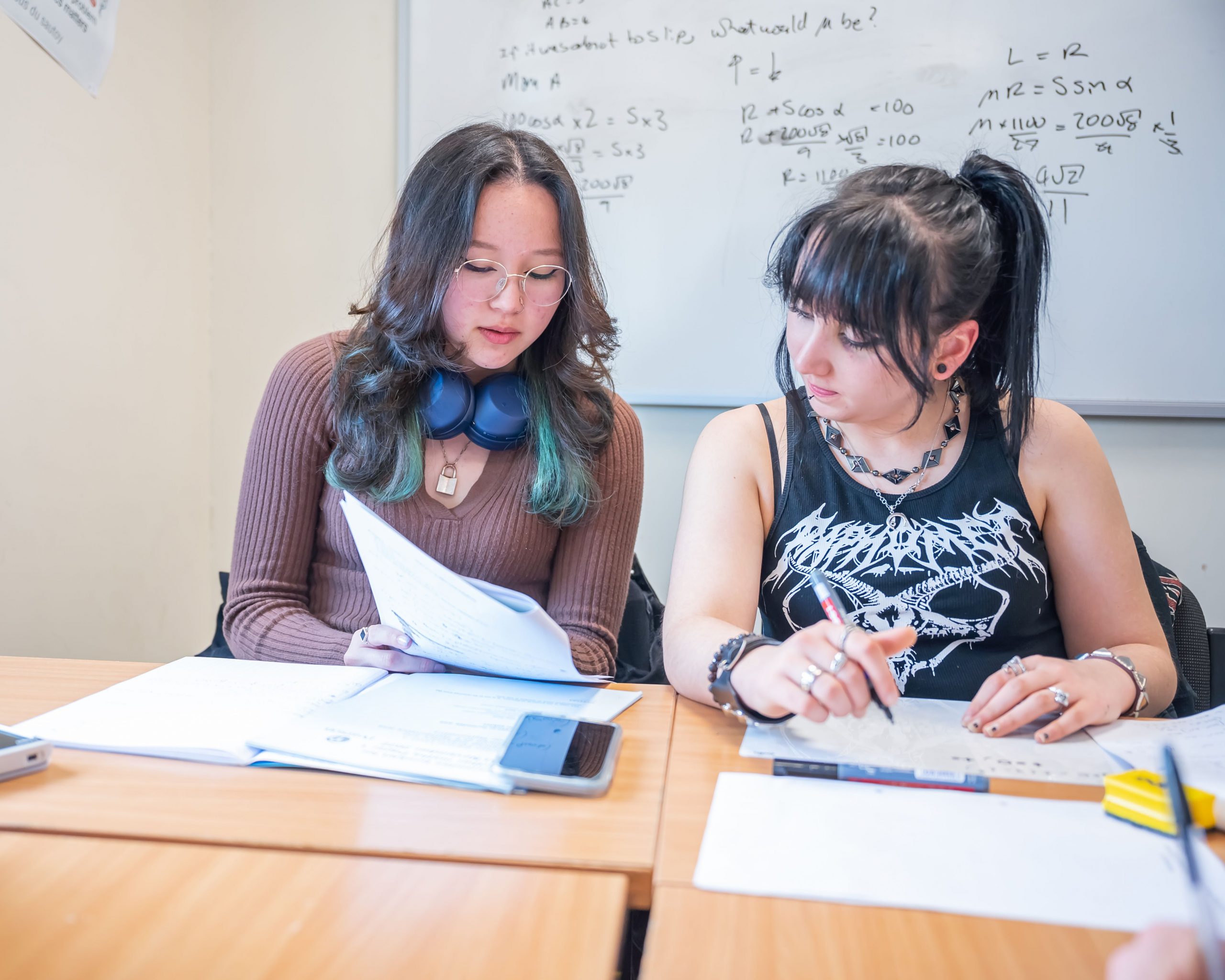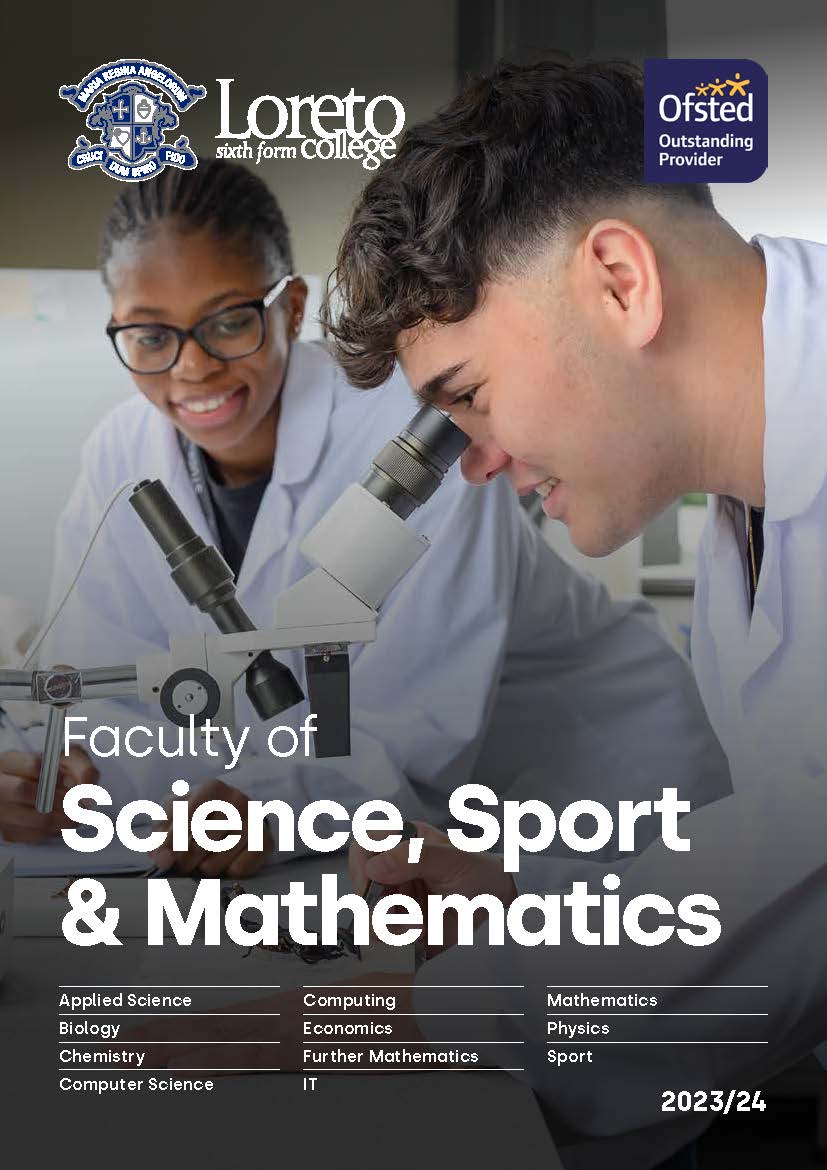
A Level Further Mathematics
- Are you ready to become a master problem solver using the language of mathematics?
- Are you ready to embrace the infinite possibilities of mathematics?
A Level Further Maths continues to build on the maths learnt in Maths A level exploring more complex algebra and calculus as well as building on the applied maths.
You will experience new topics such as De Moivre’s Theorem and matrices that you have not met before in GCSE as well as building on your prior knowledge of topics like trigonometry into the calculus of inverse trigonometry and hyperbolics. In addition, you will get to develop their use of pure mathematics in a more applied setting such as the use of differential equations in mechanics.
Exam board: PEARSON
Components
Over the course of two years you will study both A level Mathematics and A level Further Mathematics together in one dedicated class.
Paper 1 Pure Core Mathematics 1
Percentage of total marks: 25%
Method of assessment: Written Exam 1 hour 30 minutes
Paper 2 Pure Core Mathematics 2
Percentage of total marks: 25%
Method of assessment: Written Exam 1 hour 30 minutes
Paper 3 Further Mechanics 1
Percentage of total marks: 25%
Method of assessment: Written Exam 1 hour 30 minutes
Paper 4 Further Mechanics 2
Percentage of total marks: 25%
Method of assessment: Written Exam 1 hour 30 minutes
Skills
You will develop excellent problem solving skills and be able to apply their gained knowledge in various scenarios. In addition, you will be able to represent your work in a logical and well thought out manner.
Careers/Destinations
The careers you can go in to with Further Maths and Maths A level are wide ranging. As it is a strongly facilitating subject that is desirable in many fields. These include engineering, computing, physics, accountancy, banking, law, chemistry and economics.
Possible careers include:
- Accountancy / Banking
- Meteorology / Weather Forecasting
- Insurance / Economist
- Engineering
- Teaching
- Medicine / Pharmacy / Dentistry
